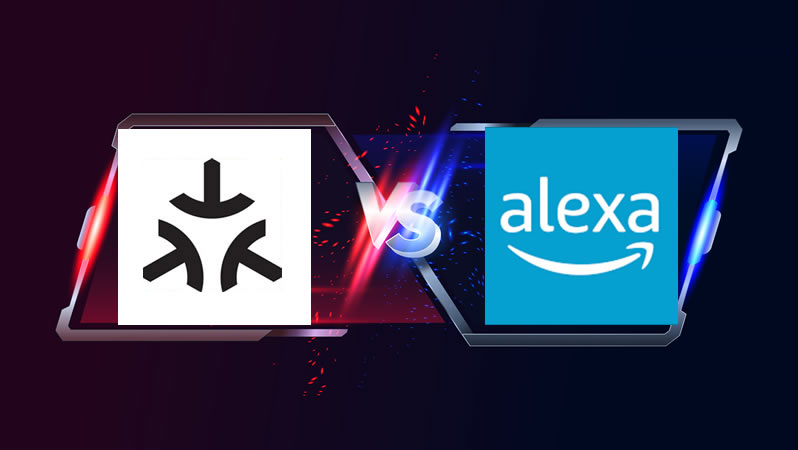As someone deeply entrenched in the world of smart home technology, I often find myself pondering the age-old question: Matter or Amazon Alexa? Both are powerhouse players in the realm of connected living, each offering its own set of features, benefits, and quirks. So, let’s dive into this comparison from a personal perspective, shedding light on the strengths and limitations of each platform to help you make an informed decision for your smart home setup.
1. Matter: The Universal Standard
Let’s start with Matter, formerly known as Project CHIP (Connected Home over IP). As a universal standard backed by industry heavyweights like Apple, Google, and Amazon, Matter promises to unify the fragmented landscape of smart home devices, making them more interoperable and user-friendly. Its open-source nature and focus on standardization hold the potential to revolutionize the way we think about smart home connectivity. Plus, with widespread support from major manufacturers, Matter-certified devices are poised to become increasingly prevalent in the market.
2. Amazon Alexa: The Voice Assistant Titan
On the other hand, we have Amazon Alexa, the undisputed titan of the voice assistant world. With its vast ecosystem of skills, routines, and integrations, Alexa offers unparalleled versatility and convenience. From controlling smart devices with simple voice commands to ordering groceries and playing your favorite tunes, Alexa has firmly entrenched itself as the virtual assistant of choice for millions of users worldwide. Its seamless integration with Amazon’s ecosystem and third-party devices further cements its position as a cornerstone of the smart home experience.
3. Interoperability and Compatibility
When it comes to interoperability and compatibility, Matter holds a distinct advantage. Its focus on standardization means that Matter-certified devices from different manufacturers should work together seamlessly, regardless of brand or platform. This level playing field fosters healthy competition and innovation, ultimately benefiting consumers with greater choice and flexibility. On the other hand, while Amazon Alexa boasts an extensive ecosystem of compatible devices and integrations, its closed nature may limit interoperability with devices that don’t play nicely within the Alexa ecosystem.
4. Ecosystem Lock-In vs. Openness
One of the key considerations in choosing between Matter and Amazon Alexa is ecosystem lock-in versus openness. With Amazon Alexa, users are heavily invested in Amazon’s ecosystem, from Echo devices to Prime subscriptions. While this can be convenient for those already entrenched in the Amazon ecosystem, it may deter users who prefer a more open and agnostic approach to smart home technology. Matter, on the other hand, offers a more open and inclusive standard that transcends individual ecosystems, giving users the freedom to mix and match devices from different brands without fear of lock-in.
5. Future Potential and Innovation
Looking to the future, both Matter and Amazon Alexa hold immense potential for driving innovation in the smart home space. Matter’s focus on standardization and interoperability lays the groundwork for a more cohesive and connected smart home experience, while Amazon Alexa continues to push the boundaries of voice assistant technology with new features and integrations. Ultimately, the choice between Matter and Amazon Alexa comes down to personal preference, priorities, and long-term vision for your smart home ecosystem.
In conclusion, the comparison between Matter and Amazon Alexa is not a simple black-and-white decision but rather a nuanced exploration of trade-offs and priorities. Whether you prioritize interoperability and openness with Matter or convenience and integration with Amazon Alexa, both platforms offer compelling features and benefits that can enhance your smart home experience. So, weigh your options carefully, experiment with different devices and integrations, and embrace the journey of building your ideal smart home setup.




